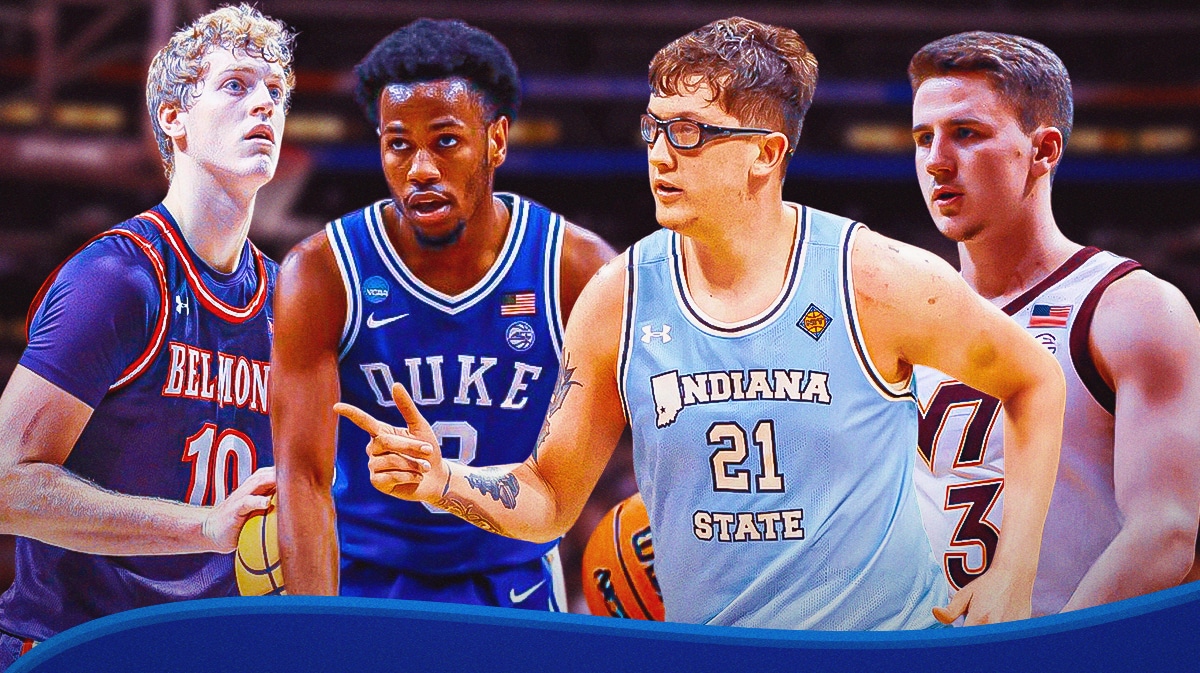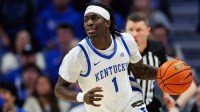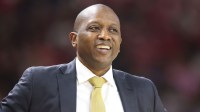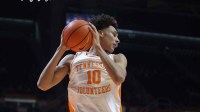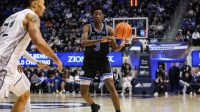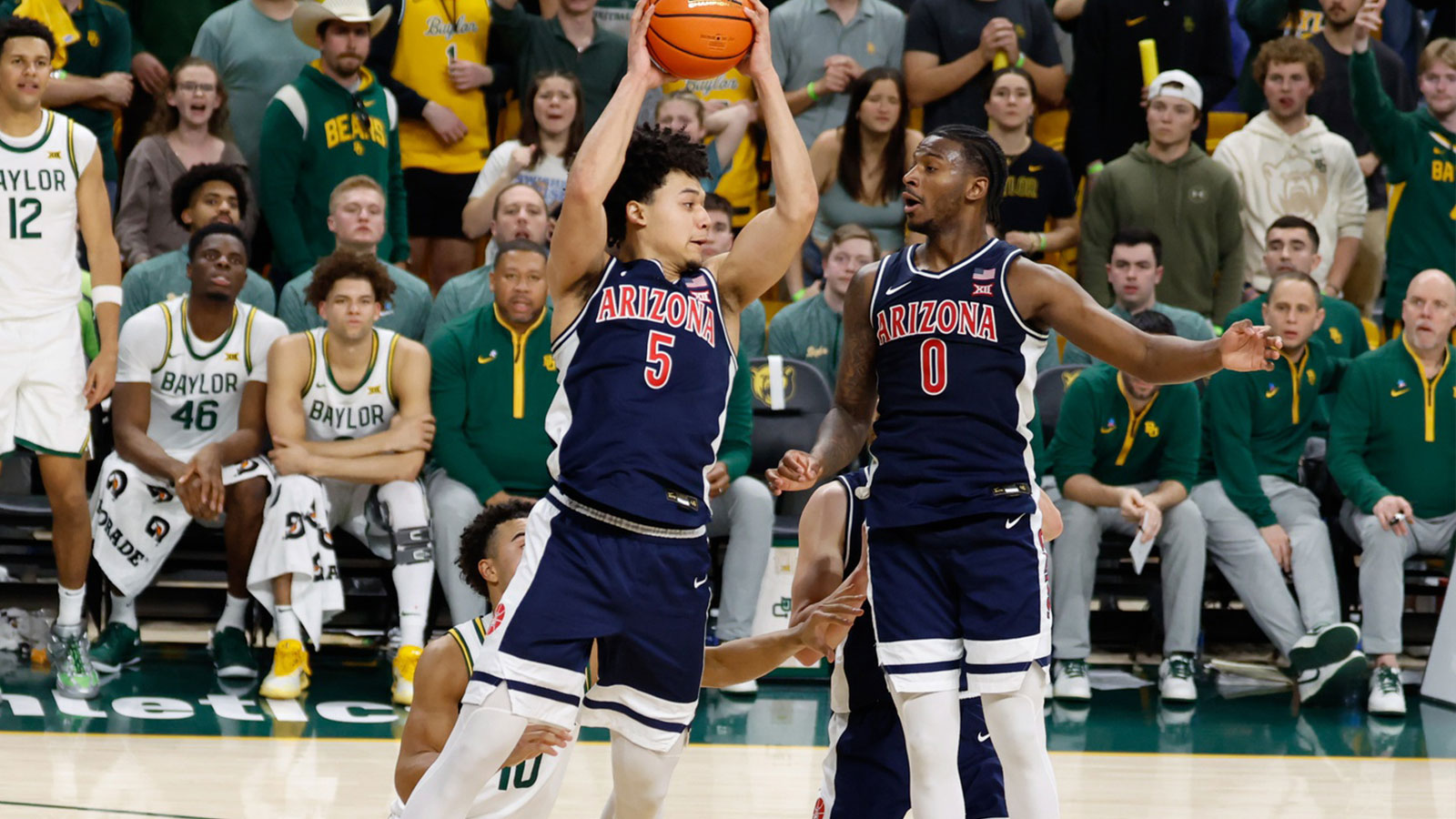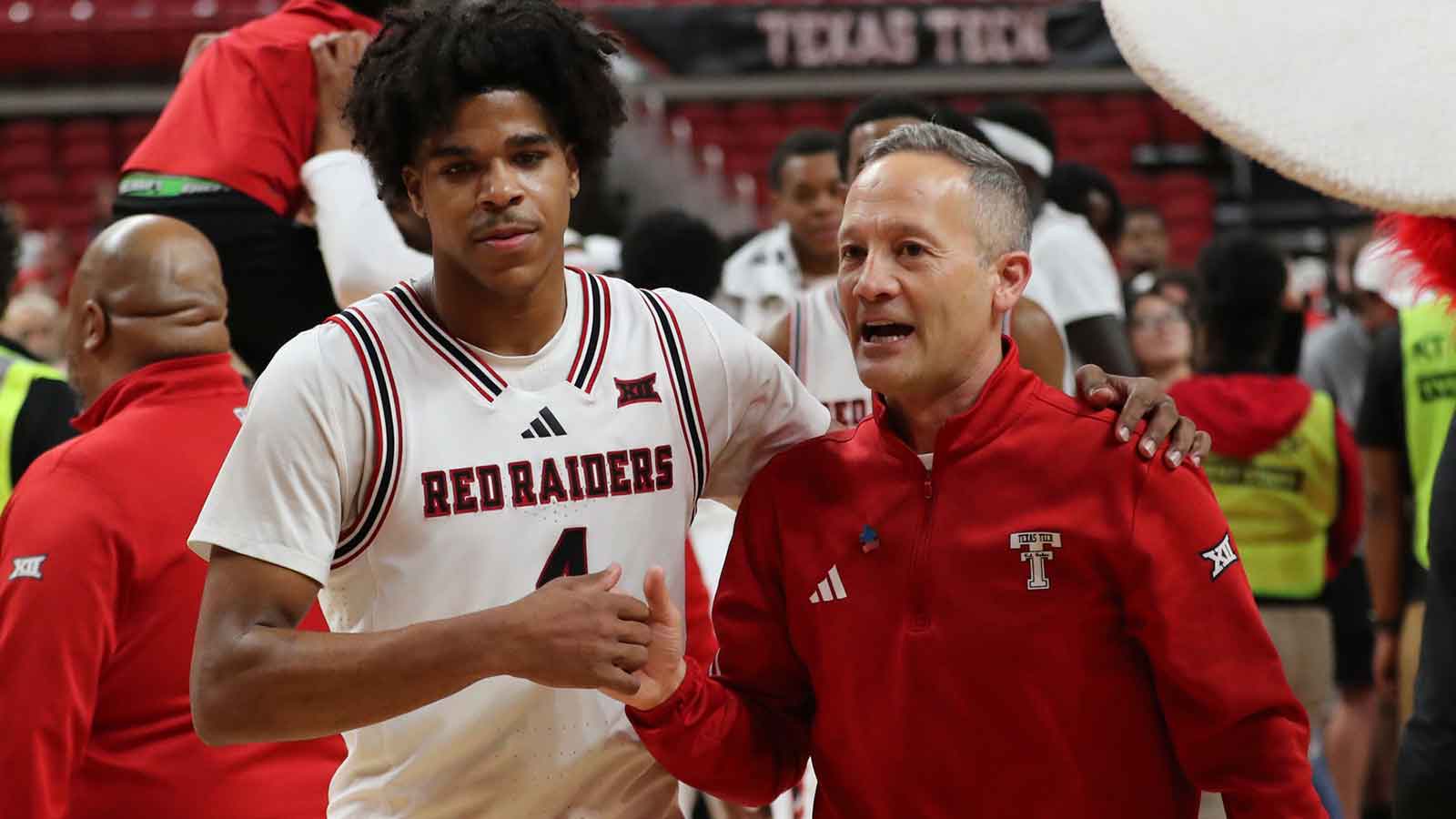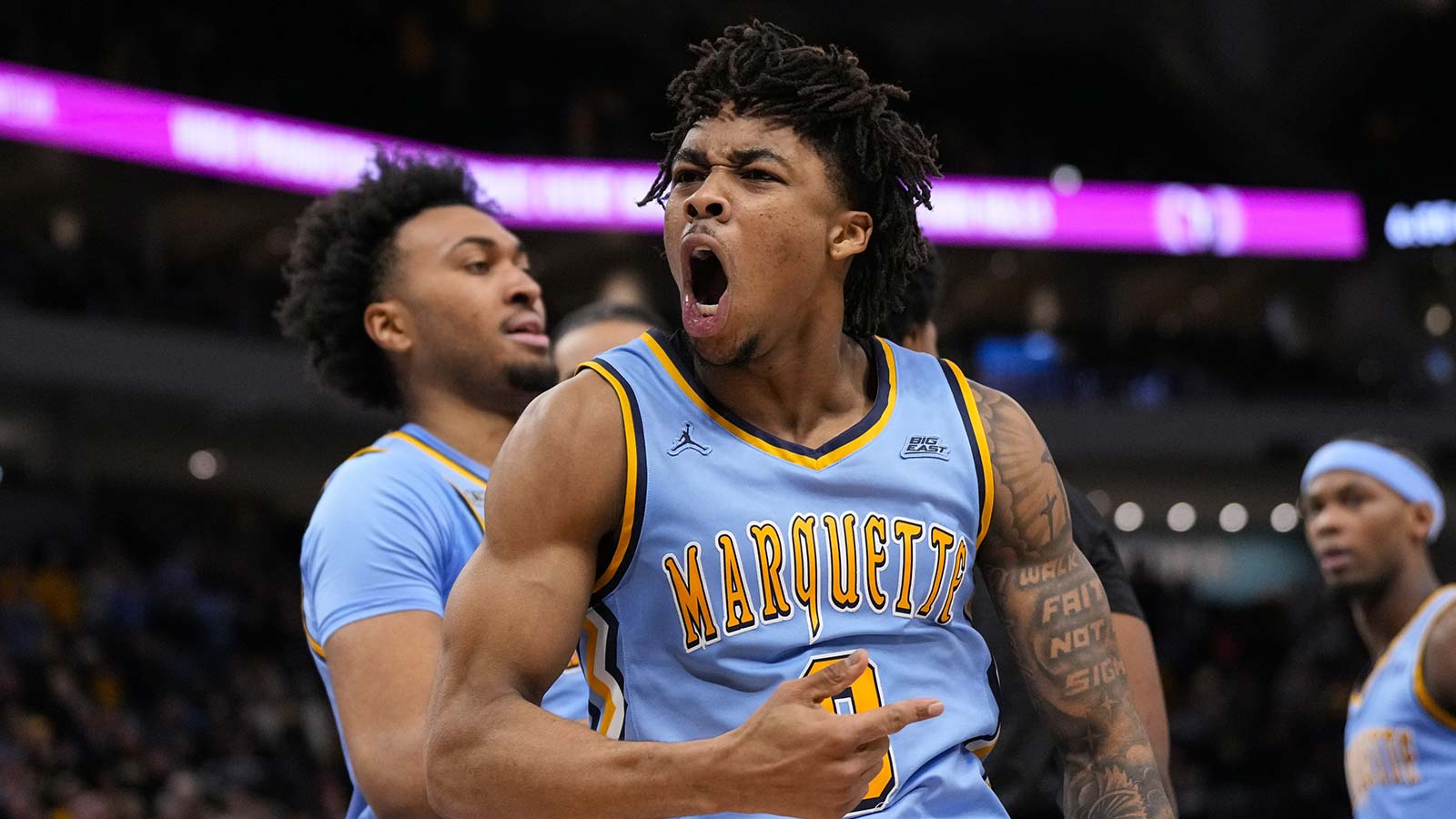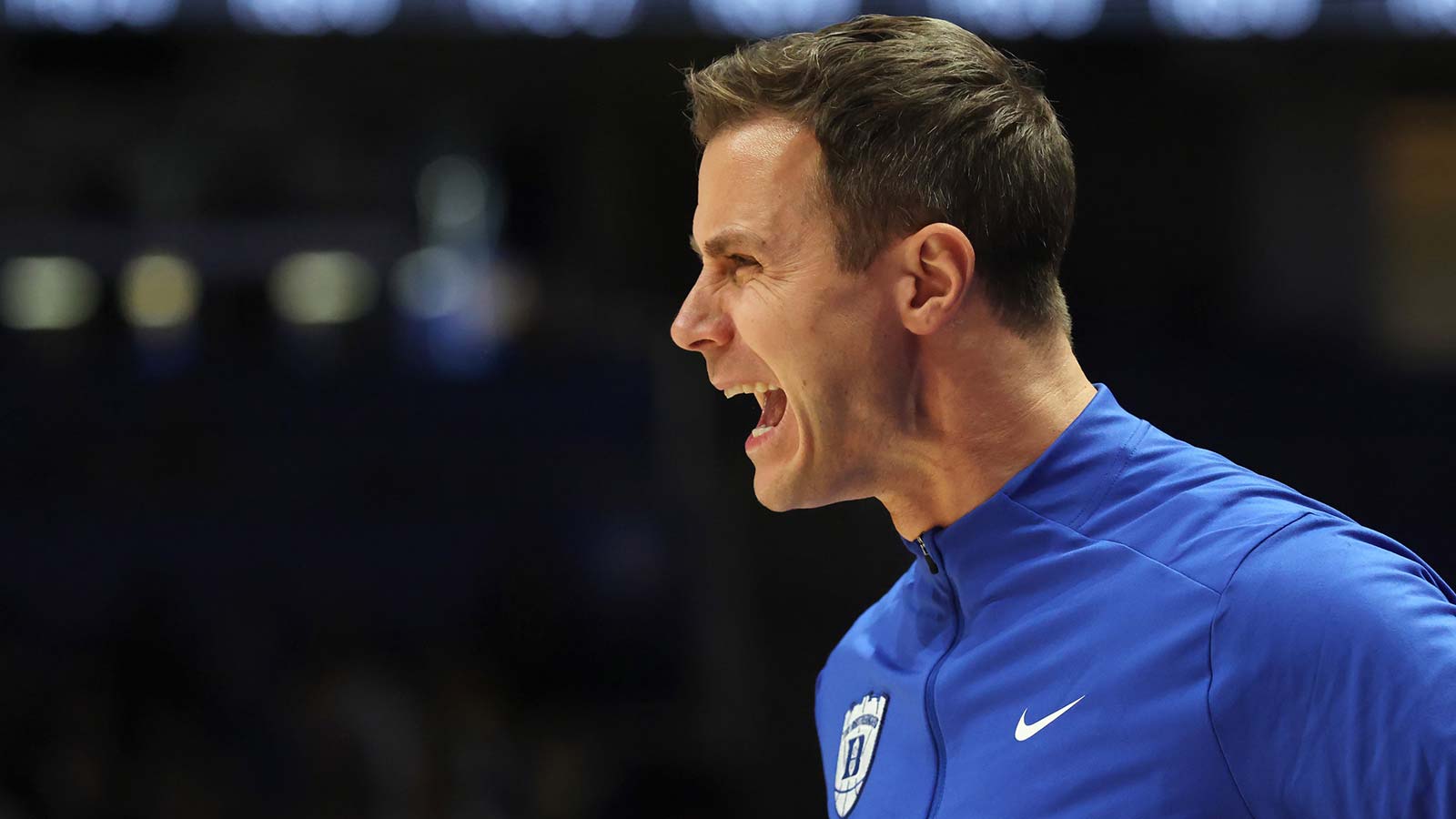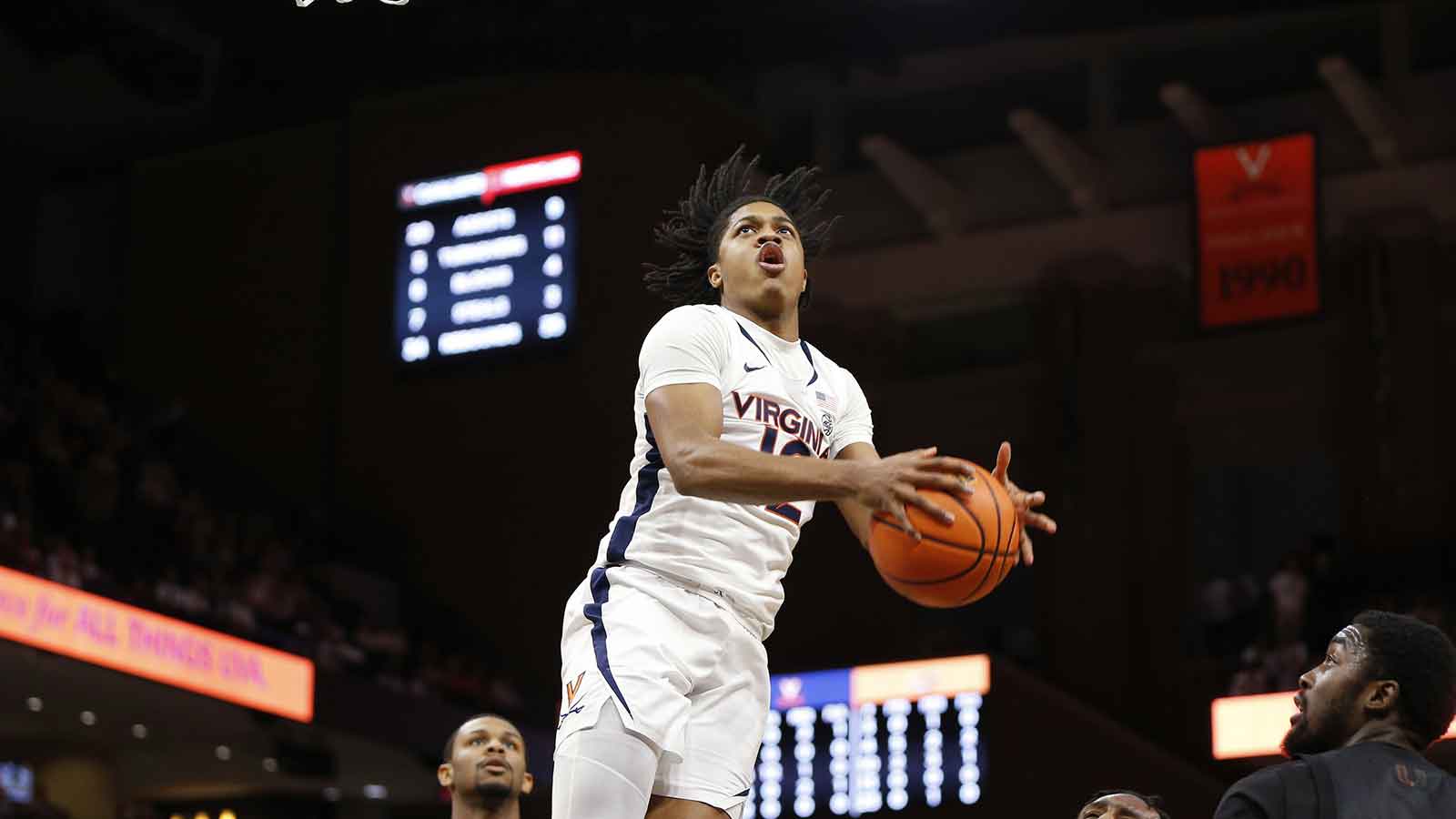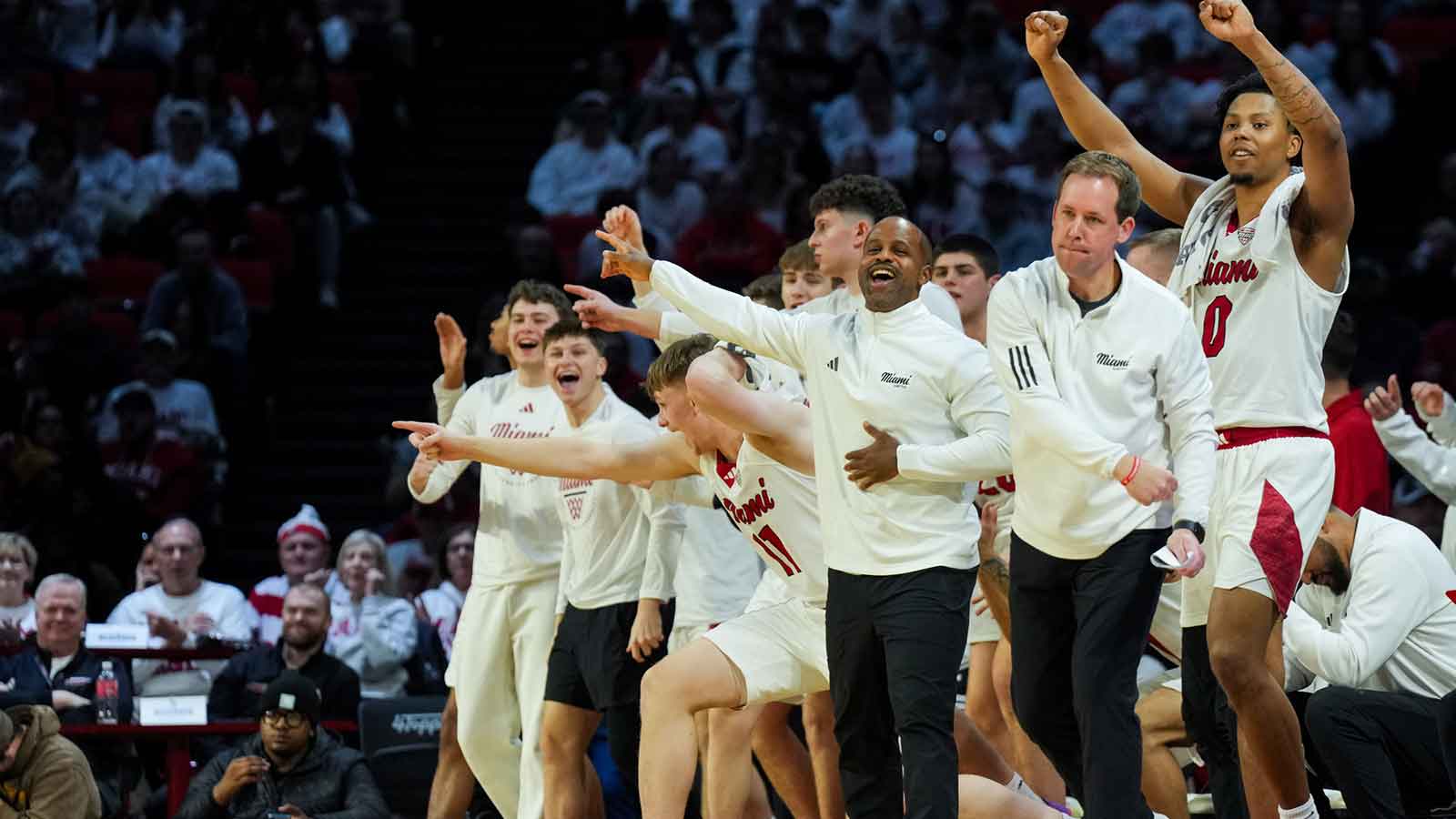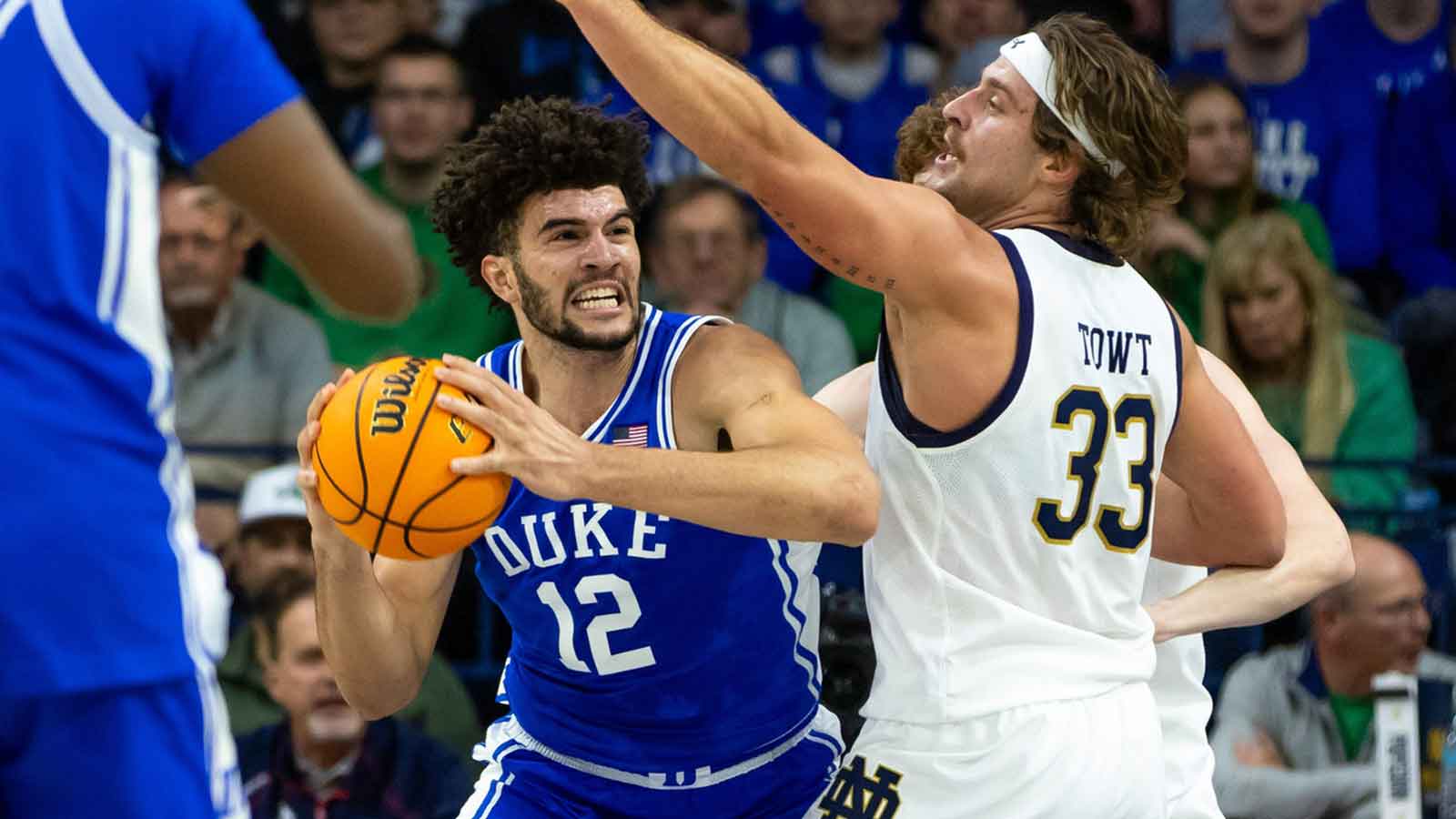With transfers happening so frequently in modern basketball, it often feels like more teams are getting hurt by player departures rather than benefitting from transfer portal additions. Usually, it is mid-major programs or teams with coaching changes dealing with the fall-out of max-exoduses. But the portal has not discriminated when handing out the damage this year, as ACC teams like Duke and Virginia Tech saw their rosters gutted by the portal.
Why Duke and the Missouri Valley Conference, among others, are the early losers in the transfer portal.
Duke
While Duke will still be one of the top teams in the country next year, the volume of players from the program entering the transfer portal is certainly significant enough to cause anxiety. Sean Stewart, Jeremy Roach, Mark Mitchell, Jaylen Blakes, TJ Power, Christian Reeves, and Jaden Schutt are all in the portal for the Blue Devils — leaving Tyrese Proctor and Caleb Foster as the only returning minute-getters next year.
Duke brings in a pair of top-three recruits in Cooper Flagg and Khaman Maluach, but the unexpected losses of starters Roach and Mitchell leave a huge gap in experience. Jon Scheyer's team still has a high ceiling, but these off-season losses limit Duke's potential and significantly lower its floor.
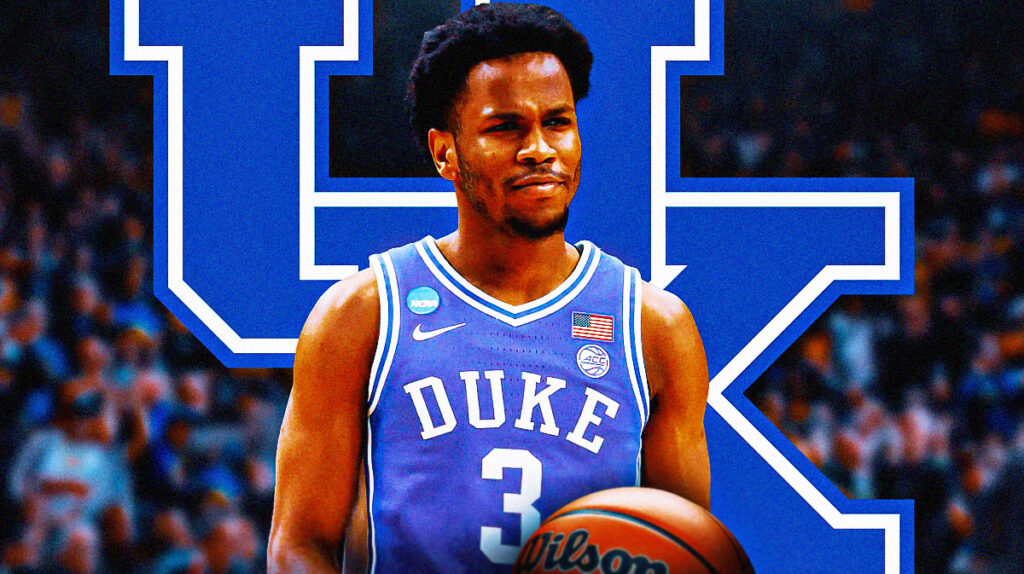
The Missouri Valley Conference
Though the Missouri Valley only sent one team to the NCAA Tournament, this was one of the deepest iterations of the league in recent memory. According to college basketball analytics website Bart Torvik, the MVC had a Power Rating of .6164 — its highest since 2014-15 when Northern Iowa and Wichita State both finished in the top 15 in the final AP Poll. With top talents like Robbie Avila, Tucker DeVries, and Xavier Johnson spread throughout the league, the MVC looked poised to return to multi-bid status while re-establishing itself among the top mid-major leagues.
Instead, the entire conference is going through a rebuild. All 13 players who earned All-MVC honors and had remaining eligibility entered the transfer portal. Indiana State's Josh Schertz and Drake's Darian DeVries — the league's top two coaches — both left for bigger programs, leaving their programs with blank slates.
While the portal and NIL have hurt mid-major conferences, few leagues have seen more high-level talent depart than the Missouri Valley.
Belmont
While Indiana State and Drake can blame coaching changes for their roster exoduses, Belmont's player departures are frustrating because they were part of a promising team set to bring nearly everyone back. Ja'Kobi Gillespie, Cade Tyson, and Malik Dia were one of the best trios in the country, each earning All-MVC honors while averaging 16 or 17 points per game. Each could score from all three levels, with Gillespie the point guard provider, Tyson the sharp-shooting wing, and Dia dominating things down low.
You'd be hard-pressed to find a more electric offensive trio in college basketball. Head coach Casey Alexander did add Liberty's Brody Peebles and Furman's Carter Whitt in the portal, but neither was more than a decent mid-major guard this past season. A trio like Gillespie, Tyson, and Dia rarely comes along, and with each having two more years of eligibility, it is incredibly disheartening for Belmont fans to see such a migration.
Virginia Tech
While the Hokies have never been near the top of the ACC in performance or budget, strong coaching by Buzz Williams and Mike Young has helped the team earn a respectable five NCAA Tournament appearances over the last eight seasons. Virginia Tech was 19-15 last season and earned an NIT bid, but that was not enough to prevent seven players from entering the transfer portal, including key starters Sean Pedulla, Tyler Nickel, and Lynn Kidd. Pedulla was part of the All-ACC Third Team while Kidd finished third in the conference's Most Improved Player voting.
Among Power Conference teams, only Oregon State lost a higher NET in the portal among programs that did not undergo a coaching change. The team added a solid wing in Charleston's Ben Burnham (11.7 PPG, 4.6 RPG) and a high-scoring guard with UTSA transfer Jordan Ivy-Curry (17.1 PPG), but Ivy-Curry also announced that he is testing the NBA Draft waters. Even with these additions, it is far from enough to offset the team's significant losses.
South Florida
A 25-win season, an outright regular-season conference title, and the first AP Ranking in program history — it was quite the year for the South Florida Bulls Men's Basketball Team. Though USF fell just short of an NCAA Tournament bid, the program was set to return all but one player from this upstart squad. Instead, head coach Amir Abdur-Rahim saw his top three scorers, including AAC Co-Player of the year Chris Youngblood, enter the transfer portal.
Youngblood shot 45% from deep during conference play while leading the team with 15.2 PPG. The 6-4 guard is committed to Alabama. He is joined by All-AAC Second Team nominee Selton Miguel, another sharp-shooting guard, who is heading to Maryland. Finally, there is big man Kesean Pryor, who was second in the AAC in defensive rebounding rate and averaged 13.0 PPG.
The additions of centers Jamille Reynolds from Cincinnati and De'Ante Green of Florida State — both solid bench players at their last stops — will help offset the loss of Pryor down low. But both are more defensive and rebounding presences rather than scorers. This still leaves a significant scoring hole in the backcourt.
Coach Amir Abdur-Rahim is no stranger to dealing with difficult situations at USF and Kennesaw State, but as a 25-win team in a two-bid league, this offseason has been a disappointment thus far for the Bulls.

